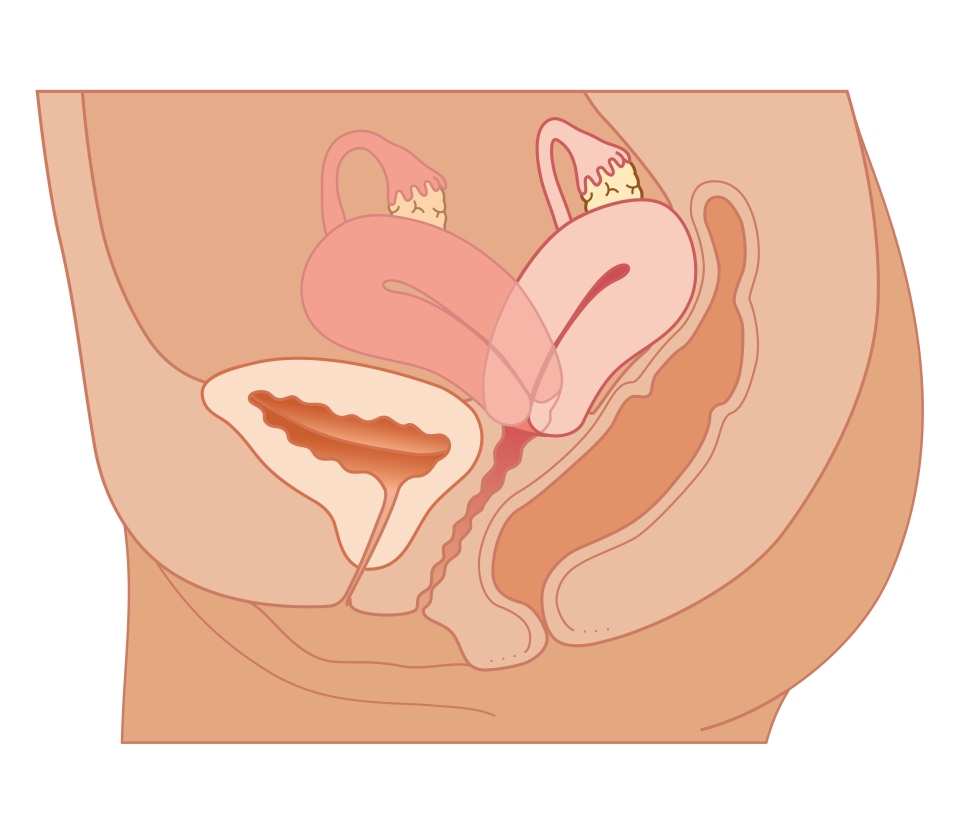
Retroverted Or Tilted Uterus | An Obstacle To Your Fertility?
You may be one of those women who have been told by their gynecologist that their uterus is “retroverted”.
If your gynecologist has been stingy with explanations, it is because having a retroverted uterus is not pathological. It is in fact a simple anatomical variant, very frequent, where the organ presents a different orientation in the pelvic cavity.
Nearly 10 to 20% of women are affected by uterine retroversion. What are the consequences of this anatomical particularity? Does it affect conception, pregnancy or childbirth?
Retroverted Uterus: Fertility, Pregnancy and Childbirth
The position of the uterus has no real consequences on the course of a pregnancy. First of all, fertility is in no way impacted by uterine retroversion.
It is not the mere tilting of the uterus that can disrupt fertility. But other factors associated with retroversion can, such as endometriosis for example.
During pregnancy, the retroverted uterus will naturally return to an anteverted position, simply because of the volume.
If the retroversion does not correct itself at the end of the first trimester, a simple digital maneuver through the vagina can reposition the uterus in anteversion. The pregnancy can then proceed completely normally.
Retroverted uteri in no way increase the need for caesarean section, nor complications during pregnancy and childbirth. Women must therefore be completely reassured on this subject.
After childbirth, the uterus will return to its original position: a woman whose uterus was retroverted before her pregnancy will therefore have a retroverted uterus again after childbirth.
Retroverted Uterus And Bleeding
We sometimes hear that a uterine retroversion could cause, in early or mid-pregnancy, bleeding when the uterus moves back into place. There is no reason for the retroverted uterus to cause bleeding during pregnancy.
Therefore, bleeding should not be attributed to this anatomical variant, at the risk of missing another diagnosis. Any loss of blood must lead the pregnant woman to consult quickly.
Retroverted Uterus And Contraception
On the contraceptive side, a retroverted uterus does not prevent the installation of an IUD. The pose could simply be a bit trickier for the practitioner.
The same goes for using a menstrual cup or tampons. Having a retroverted uterus does not change anything a priori.
Medically speaking, a retroverted uterus can give more pain during menstruation or during sexual intercourse (felt as deep). We only operate the retroverted uterus to straighten it if there is really a lot of pain.
Dr James S Pendergraft | Orlando Women’s Center


Leave a Reply
You must be logged in to post a comment.